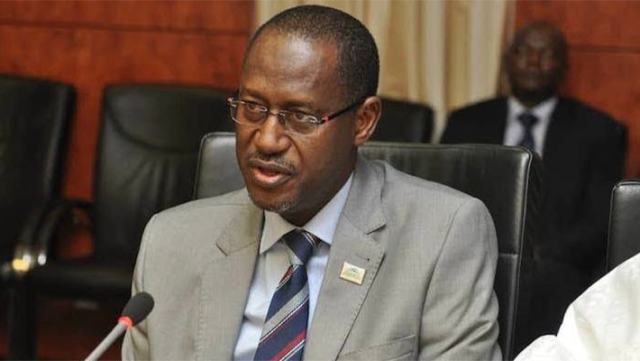The federal government has announced new land administration initiatives and is partnering with the World Bank and state governments to enhance housing transactions by 50% and increase Nigeria’s GDP by 30%.
The Minister of Housing and Urban Development, Ahmed Dangiwa, shared this information on Wednesday during a sector retreat for top ministry officials in Lagos.
The event was titled ‘Actualising the Renewed Hope Agenda for Housing and Urban Development: Examining Strategies, Identifying Opportunities to Boost Scale and Impact’.
He mentioned that his ministry has set up a land reform task team that has provided a comprehensive blueprint for effective land governance in Nigeria. Land administration was a key focus at the retreat, which marked the first such event since Dangiwa took office about 19 months ago.
The ministry is currently collaborating with the World Bank and state governments to roll out a National Land Registration and Titling Programme.
Dangiwa emphasized that the government is committed to making positive changes despite the unsuccessful efforts of past administrations over the last 50 years to address housing issues.
He informed attendees that his ministry is continuing the National Housing Programme initiated in 2016, which aimed to construct 7,522 units but has completed 3,388 so far.
“In the past 19 months, we have been working on 14 active construction sites totaling 10,112 housing units. With many nearing roofing stages, we plan to finalize all these units and more within a maximum of three years,” he stated.
He highlighted the federal government's goal to address housing shortages that require at least 500,000 new units each year to close the gap.
He outlined objectives, partnerships, and initiatives intended to enhance housing finance, boost production, and attract more financial investment into the country. “Our goal is to formalize land transactions by 50% over the next decade, unlocking more than $150 billion in dormant capital and raising Nigeria’s GDP by 30%. The World Bank conducted its first Technical Mission in November and plans to return for a second visit in early March,” he added.
Dangiwa praised the high-profile attendance, including federal lawmakers, stressing that Nigeria must prioritize housing as a driver of economic development.
He noted that investment in housing and urban development is both a moral obligation and an economic necessity. “Providing quality housing and creating livable communities enhances lives, fosters patriotism, drives economic growth, and guarantees national security,” he remarked.
As an architect, Mr. Dangiwa pointed out that Nigeria confronts a significant housing deficit, with the majority of its 43 million households living in inadequate housing conditions and slums.
He acknowledged the sector's historical political neglect since independence but commended recent initiatives by the National Assembly aimed at increasing funding.
He presented various policies, including social housing, and clarified that the theme of the retreat was intentionally chosen to seek comprehensive solutions to availability and affordability issues.




















